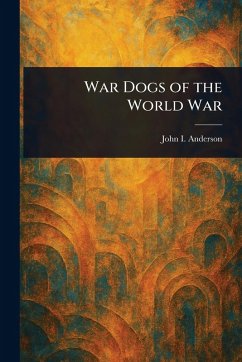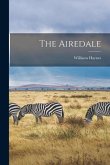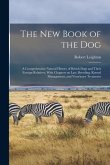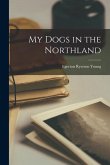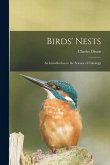"War Dogs of the World War" by John I. Anderson offers a compelling historical account of the canine corps and their vital role as animal soldiers during World War I. This meticulously researched work explores the use of "war dogs" in military operations, highlighting their rigorous dog training and deployment on the battlefields. Delve into the fascinating history of these remarkable animals and their contributions to the war effort. A valuable resource for those interested in military history, animal studies, and the unique bond between humans and animals in times of conflict. Discover the important role of "military dogs" in one of history's most significant wars, offering a timeless perspective on their bravery and service. This work has been selected by scholars as being culturally important, and is part of the knowledge base of civilization as we know it. This work is in the public domain in the United States of America, and possibly other nations. Within the United States, you may freely copy and distribute this work, as no entity (individual or corporate) has a copyright on the body of the work. Scholars believe, and we concur, that this work is important enough to be preserved, reproduced, and made generally available to the public. We appreciate your support of the preservation process, and thank you for being an important part of keeping this knowledge alive and relevant.
Bitte wählen Sie Ihr Anliegen aus.
Rechnungen
Retourenschein anfordern
Bestellstatus
Storno

